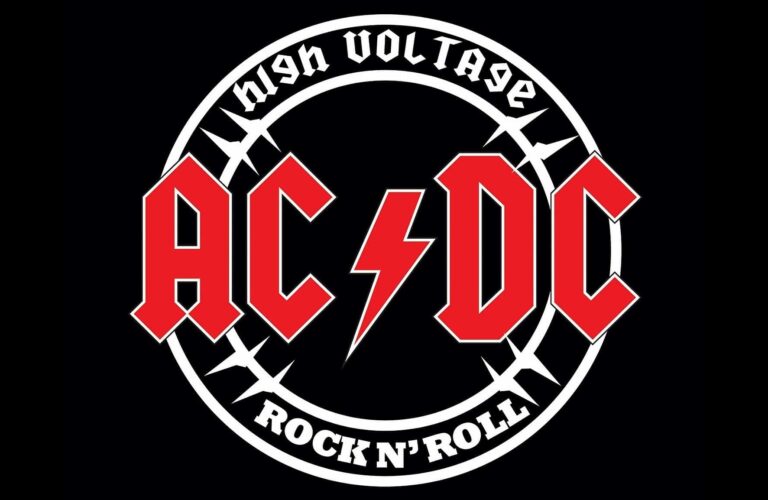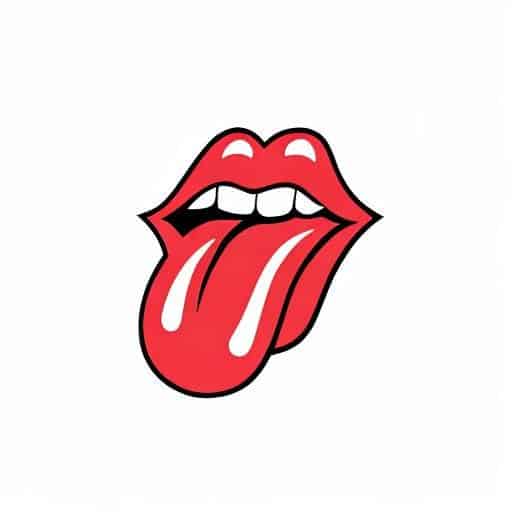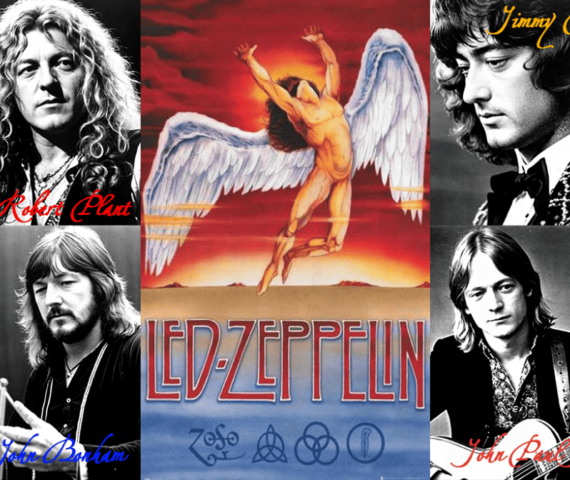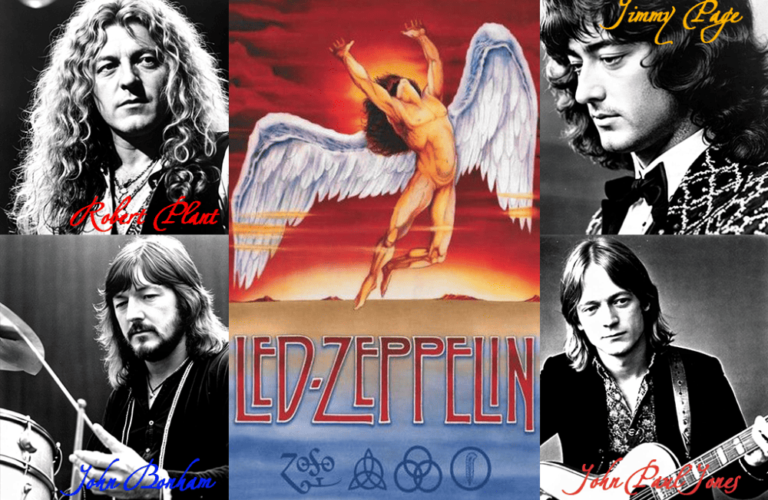Classic rock music of the late 1960s through the 1970s was a vibrant and influential era in music history. It emerged as a powerful and rebellious response to the social and political climate of the time. The music was characterized by its raw energy, intricate guitar solos, and memorable melodies, capturing the essence of a generation searching for freedom and self-expression.
Bands and artists from this era often drew inspiration from blues, folk, and early rock 'n' roll, infusing their sound with a new level of creativity and experimentation. The lyrics tackled a wide range of topics, including love, peace, war, social issues, and personal introspection, reflecting the turbulent times and the counterculture movement.
The guitar played a central role in classic rock, with artists like Jimi Hendrix, Eric Clapton, Jimmy Page, and Carlos Santana pushing the boundaries of what could be done with the instrument. Their electrifying solos and innovative techniques became hallmarks of the genre, captivating audiences and inspiring generations of aspiring musicians.
Classic rock was also defined by its diverse range of subgenres, including psychedelic rock, hard rock, progressive rock, and blues rock. Bands like The Beatles, Led Zeppelin, Pink Floyd, The Rolling Stones, AC/DC, Lynyrd Skynyrd, and many others dominated the scene, each contributing their unique sound and style to the landscape.
Concerts and music festivals were an integral part of the classic rock experience, with Woodstock in 1969 becoming an iconic symbol of the era's spirit and unity. Fans would gather in massive numbers to witness legendary performances that would go down in history.
The music of this era continues to resonate with audiences today, with its timeless appeal and enduring influence on subsequent generations of rock musicians. Classic rock of the late 1960s through the 1970s represents a golden age of rock music, combining artistic innovation, cultural significance, and unforgettable anthems that have stood the test of time.






